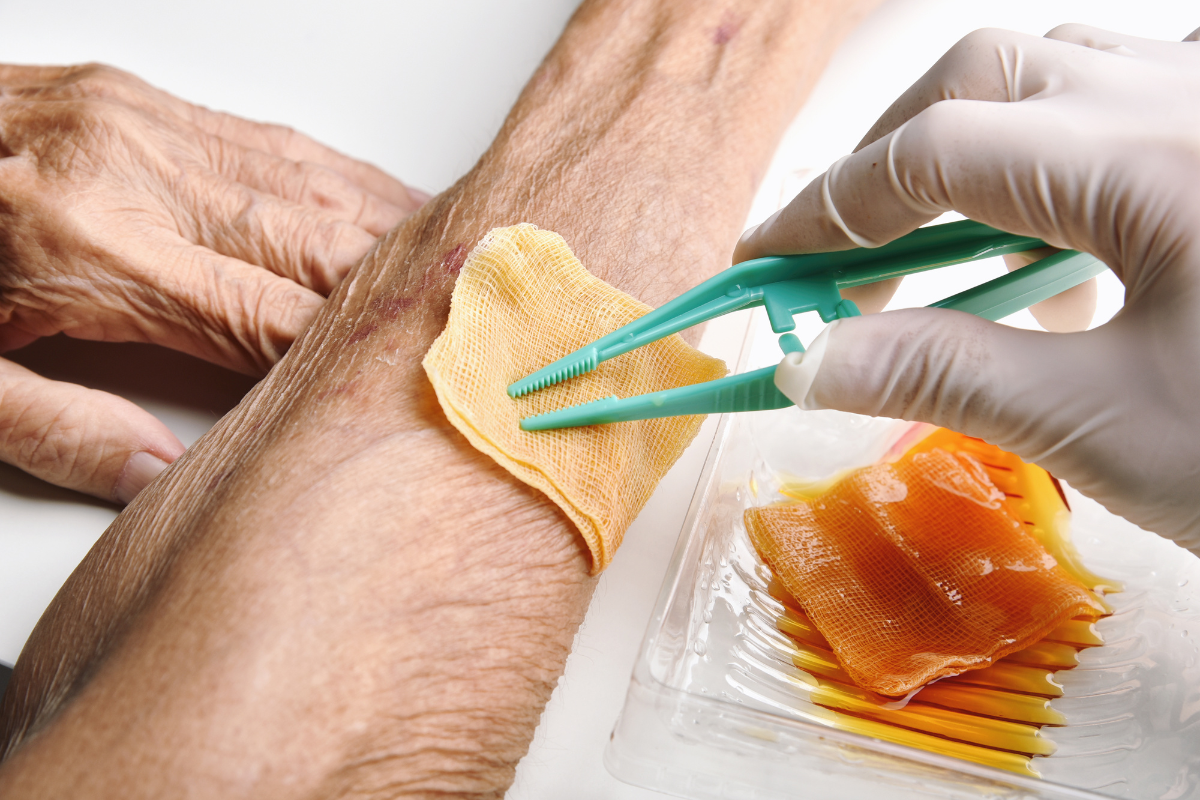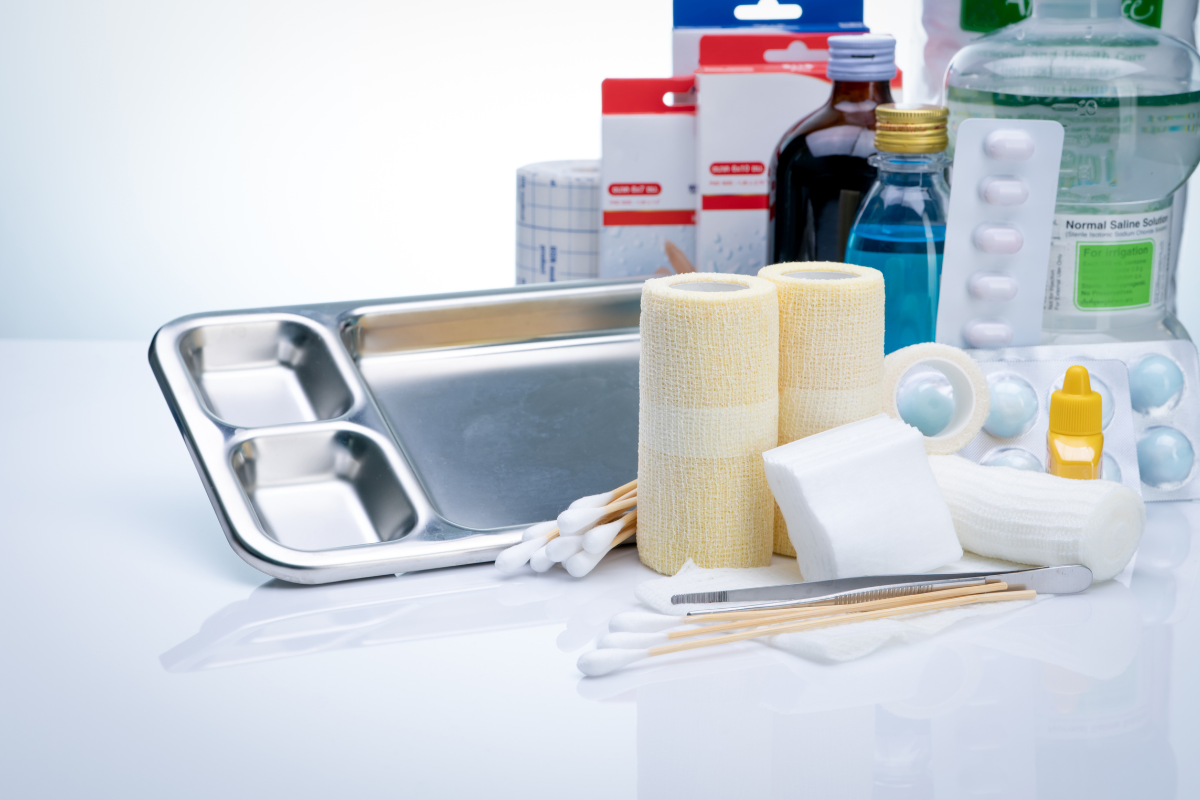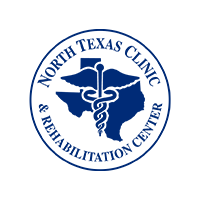North Texas Clinic and Rehab in Hurst provides compassionate and comprehensive wound care to help you heal faster and regain your health.
Whether you’re recovering from surgery, an injury, or managing a chronic condition, our team is here to support you every step of the way.

What Does Wound Care Include?
Our professional wound care services promote healing, prevent infections, and reduce the risk of complications. Services may include:
- Cleaning and Dressing — Regular cleaning removes debris and applying advanced dressings protects the wound and encourages healing.
- Debridement — Gently removing dead or infected tissue promotes healthy tissue growth.
- Infection Management — We monitor for signs of infection or delayed healing and will prescribe antibiotics if necessary.
- Moisture Control — Ensuring the wound has the right moisture level helps it heal effectively.
- Patient Education — We can teach you (or your caregiver) how to care for your wound at home, recognize signs of complications, and ways to improve or maintain your overall health to promote thorough healing.
We tailor each care plan to your unique needs to ensure the best possible outcomes.
Who Needs Professional Wound Care?
Professional wound care is essential for individuals who have:
- Chronic wounds that are slow to heal, such as diabetic ulcers or pressure sores.
- Surgical incisions requiring ongoing care.
- Infections or complications from previous injuries or wounds.
- Open wounds caused by accidents, burns, or other injuries.
- A weakened immune system or medical conditions that slow healing.
If you or a loved one has an open wound that requires ongoing care, seeking professional help can make a significant difference in the healing process.
The Dangers of Ignoring Wounds
Ignoring or improperly treating wounds can lead to serious complications, including:
- Infections: Open wounds are highly susceptible to bacterial infections, which can quickly spread to surrounding tissue.
- Tissue Death and Amputation: Without proper care, severe wounds can lead to tissue death (necrosis) and, in extreme cases, require amputation.
- Sepsis and Death: Untreated infections can enter the bloodstream, causing sepsis—a life-threatening medical emergency.
For individuals with diabetic neuropathy, the dangers are even greater. Nerve damage from diabetes can reduce pain sensitivity, making it easy to miss wounds, especially in hard-to-see areas like the feet. That’s why daily checking for cuts, blisters, or sores is critical to avoid worsening conditions.
Conditions like diabetes, cancer, HIV, and poor circulation can all lead to slow healing and increase the risk of complications if left untreated.
Ignoring wounds doesn’t just impact physical health — it also significantly affects quality of life, even for those who are older or have limited mobility. Chronic pain, difficulty moving, and infections can make daily activities much harder and take away the independence you deserve.
Why Choose North Texas Clinic and Rehab for Wound Care

We understand the challenges that come with wound care and are committed to providing personalized, compassionate treatment.
Your health is imperative, but barriers such as cost and distance from healthcare providers can make protecting it difficult.
While our Wound Care services are primarily for Medicare patients, we urge you to call us to discuss your options if you are not currently on Medicare or only on supplement plans.
Furthermore, if you cannot come to us, we can come to you!
We are dedicated to providing care that promotes excellent health and minimizes discomfort and hospitalizations. By treating your wounds and guiding you through at-home wound care, you will heal faster with less likelihood of infection or other complications.
We can also support and educate you on living a longer, healthier life. Whether you’re managing chronic conditions or simply want to improve your quality of life, we are here to help.

Schedule an Appointment
If you or someone you love requires professional wound care, North Texas Clinic and Rehab in Hurst is here to help. Contact us today to schedule an appointment and take the first step toward better healing and health.

